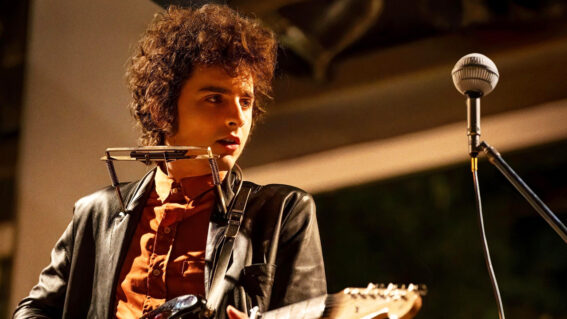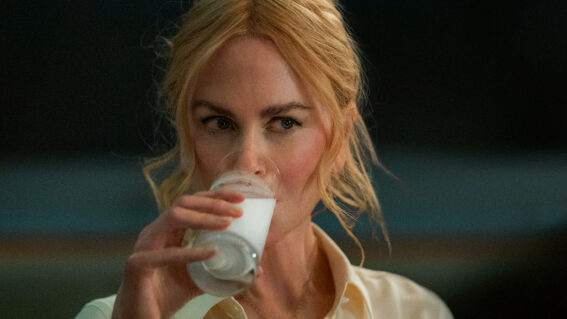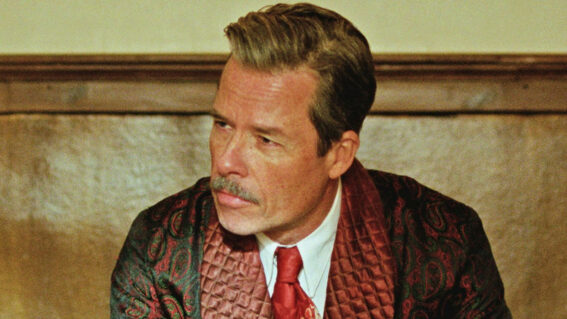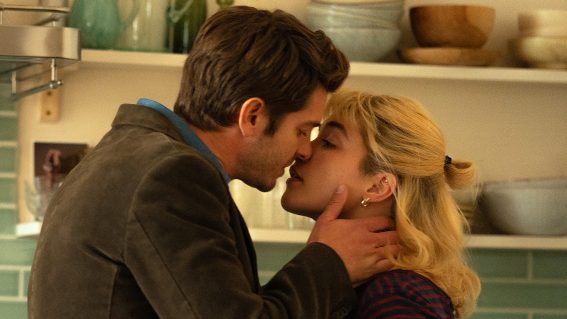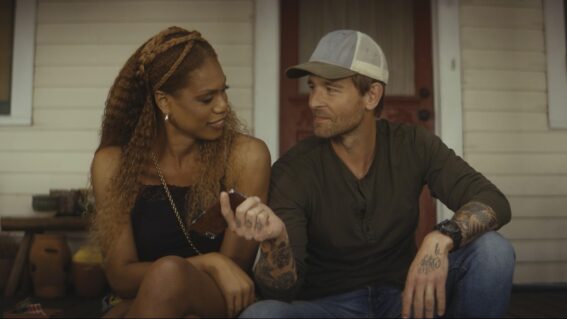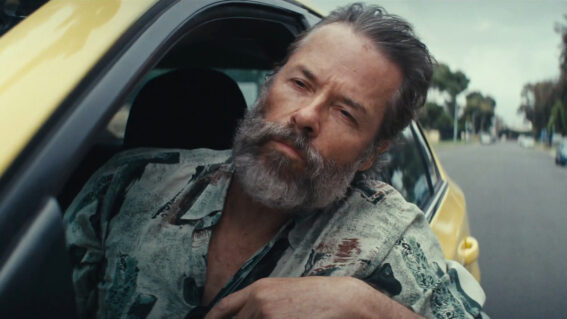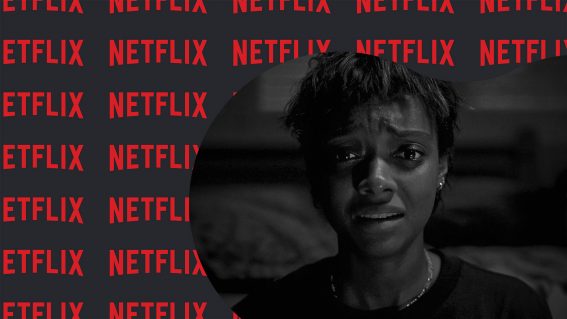Agatha All Along proved it wasn’t a flop thanks, in part, to episode 7
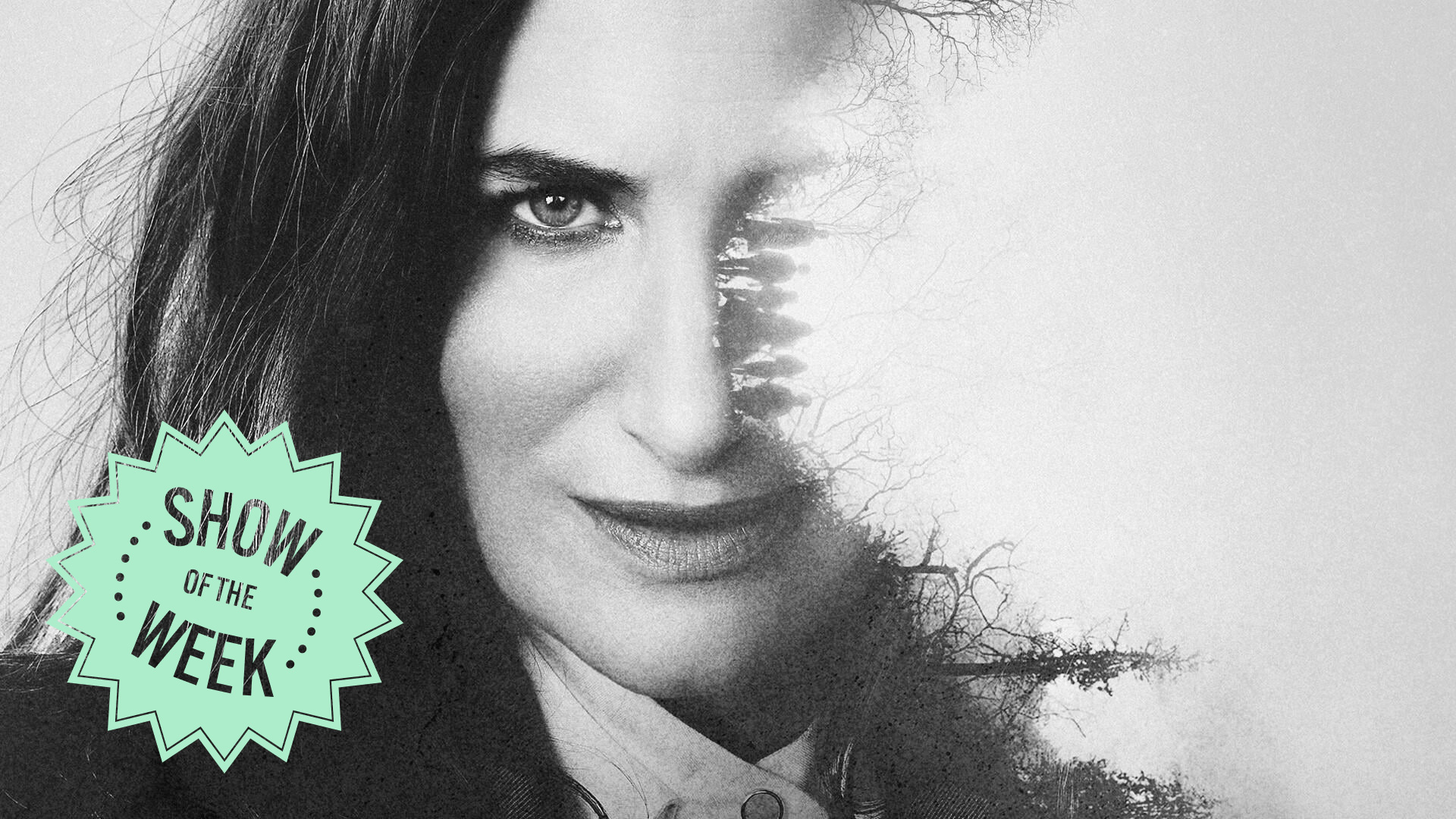
Clarisse Loughrey’s Show of the Week column, published every Friday, spotlights a new show to watch or skip. This week: Clarisse revisits Marvel’s surprise hit Agatha All Along.
SOME VERY LIGHT SPOILERS AHEAD
It seemed, at first, as if the world was against Marvel’s Agatha All Along. There was the usual incel nonsense, YouTube outrage farmers insistent that nobody could possibly want a show about gay witches – because, famously, the queer community has never shown interest in The Wizard of Oz, Bewitched, Hocus Pocus, The Craft, Practical Magic, American Horror Story: Coven, WandaVision etc etc etc ad nauseam.
I really couldn’t care less about their attempt at discourse. Of more interest was the fairly tepid critical response, from even-minded and fair professionals, which left the show as the second-worst reviewed of Disney+’s Marvel Television offerings. It was rated only slightly above the genuinely quite abysmal Secret Invasion. I can’t say I agreed with the negativity towards Agatha All Along, but I could see where the apathy stemmed from.
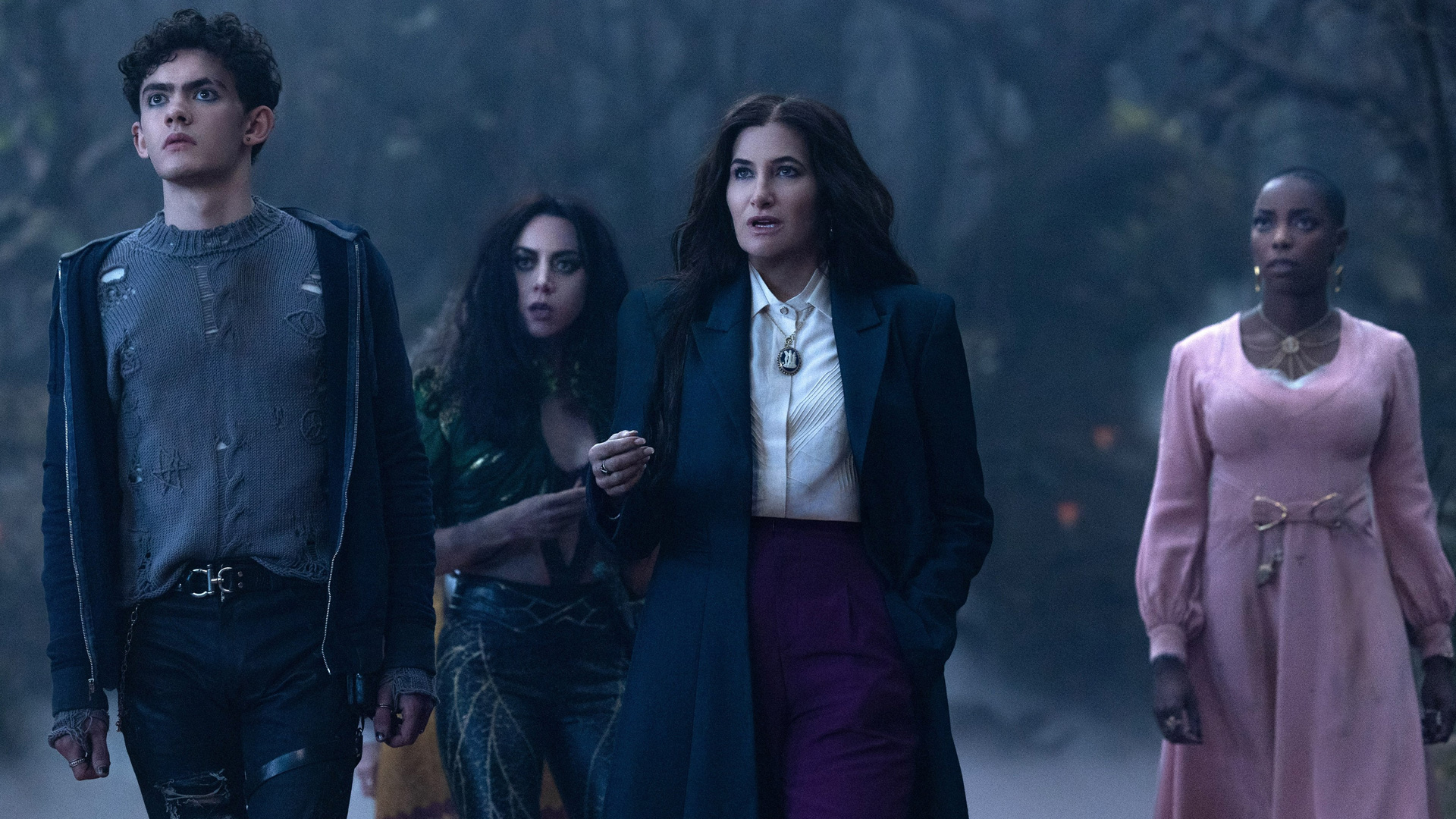
“Marvel Fatigue” now comes as naturally as breathing—it’s an intuitive response to character after character, idea after idea, being introduced with no commitment to their future or any other concrete long-term plan. Shang-Chi, Kate Bishop, America Chavez, Moon Knight, whoever Charlize Theron at the end of Doctor Strange in the Multiverse of Madness was meant to be—all MIA, all Schrödinger’s superheroes.
It doesn’t even have to be that people are particularly sick of Marvel movies (though I understand some are), but that they’re sick of every new instalment feeling like just another bucket of water tossed into the ocean. The first batch of Agatha episodes didn’t arrive with all that much pomp or circumstance, nor did it give any sense that the rules of the game were about to be changed, so I understand the cynicism.
But I do wonder if those initial pessimistic outlooks (the genuine ones, not the bigots) may have softened now that we’ve reached the end of The Witches’ Road and the show’s two-part Halloween finale. At least, those who assumed that Agatha All Along would turn out a flop have been nicely proven wrong—thanks, in part, to that standout episode seven, focused on Patti Lupone’s Lilia Calderu, a 450-year-old Sicilian divination witch who lives life out of sync.
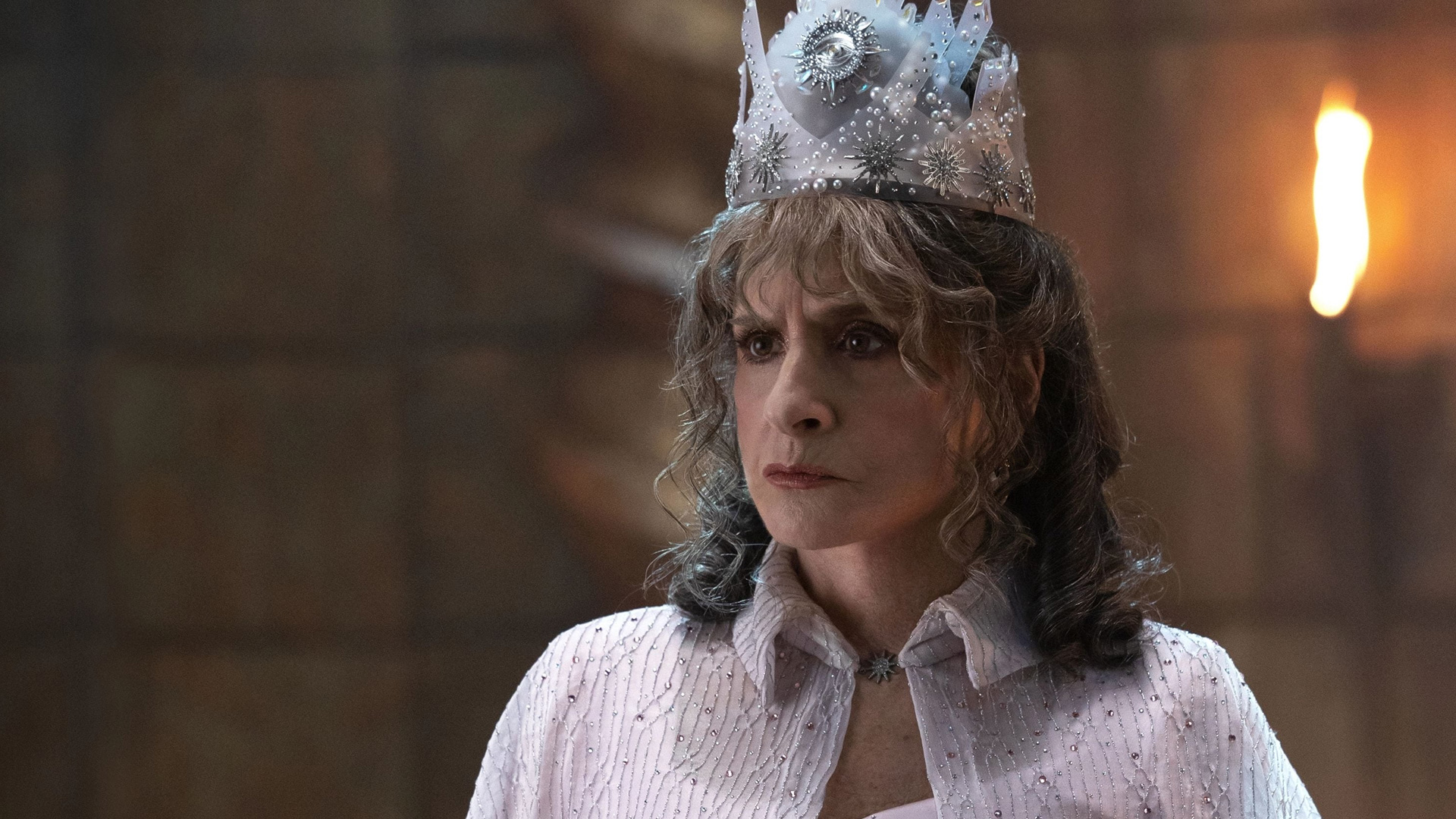
It was not only cleverly constructed, but tenderly performed by a Broadway legend. We’ll see if it’s given any flowers once awards season rolls around, but I’d argue it’s a good case study in how television has the ability to take a single, one-note character and colour in the entirety of their soul in a neat 30 minutes.
According to Deadline, the episode accumulated 4.2M views globally in a single day, 35% higher than its premiere. While this information comes direct from Disney, who, like other streamers, are frustratingly inconsistent when it comes to their viewership reports, it’s a big deal for a series to actually grow, not lose, its audience over time. Agatha’s cultural impact also seems sizeable, at least from anecdotal evidence—I’ve certainly struggled to move online of late without bumping into remixes and covers of “The Ballad of the Witches’ Road”, cosplays, memes, and merchandise.
And this is all for a series seemingly few put much faith in, that Marvel Television head Brad Winderbaum told Variety was their “least expensive show”. Its success wasn’t driven by A-list names like Ryan Reynolds, by a torrent of cameos (minus Evan Peters’ returning Ralph Bohner, who is always welcome), or full-blown CGI spectacle.
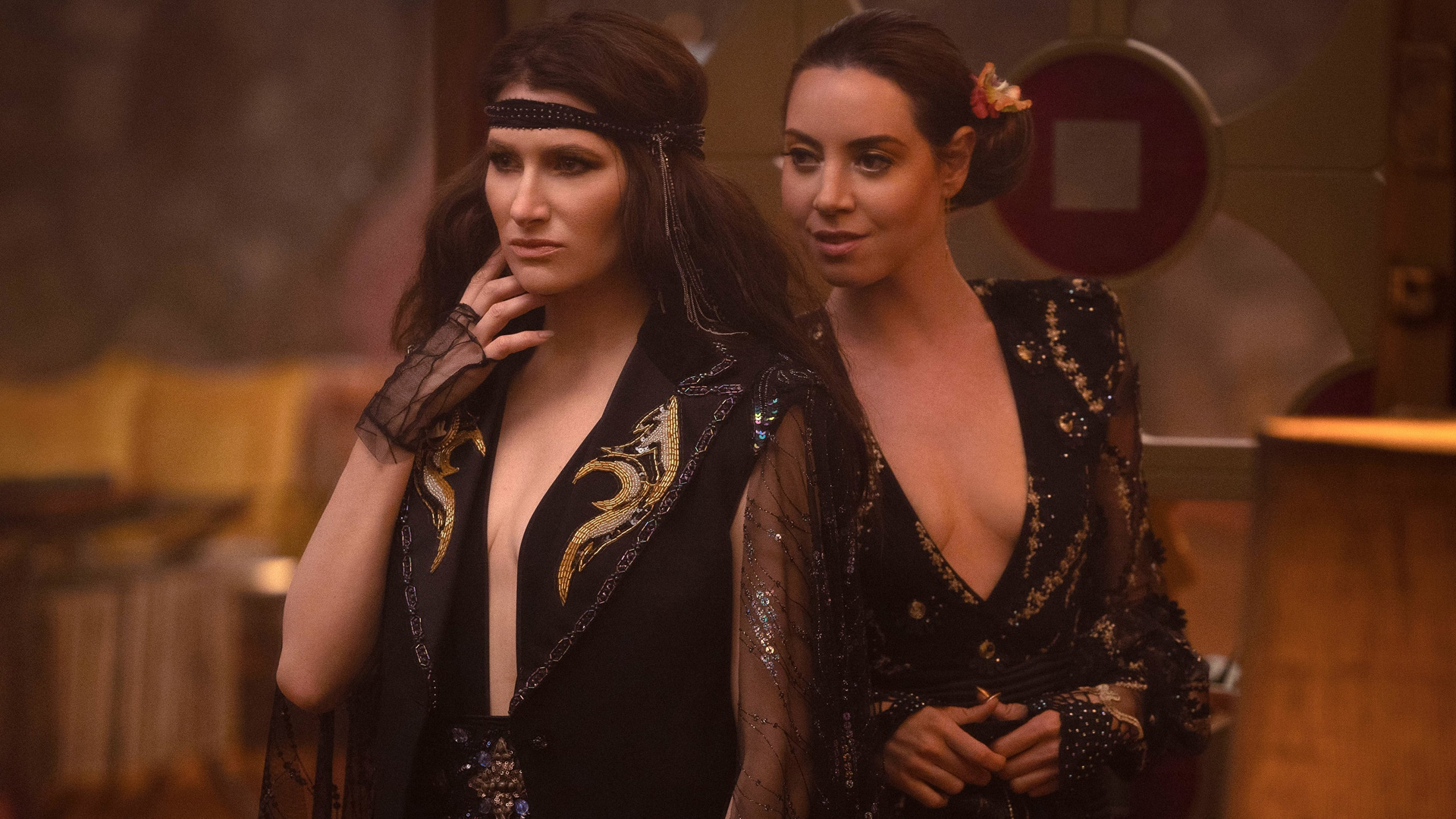
People tuned in, in increasing numbers, because they liked these characters and the story they had to tell, and probably also a little because they’d heard Kathryn Hahn and Aubrey Plaza had insane sexual chemistry. It’s a victory that lies directly at the feet of creator and showrunner Jac Schaeffer, her team of writers, and her spectacular cast—with Hahn arguably doing the best work of her career, swinging seamlessly between malevolency, camp, and heartbreak.
Schaeffer, then, belongs in the same category as James Gunn, as dual creative leaders in the comic book movie space, who have been able to make a blockbuster franchise work for them and the specific themes they want to explore. Fans can ooh and aah over Billy Maximoff’s (Joe Locke) new Wiccan outfit and the fact Agatha can now take up her comics-accurate role as a Maximoff ghost mentor with her comics-accurate white hair.
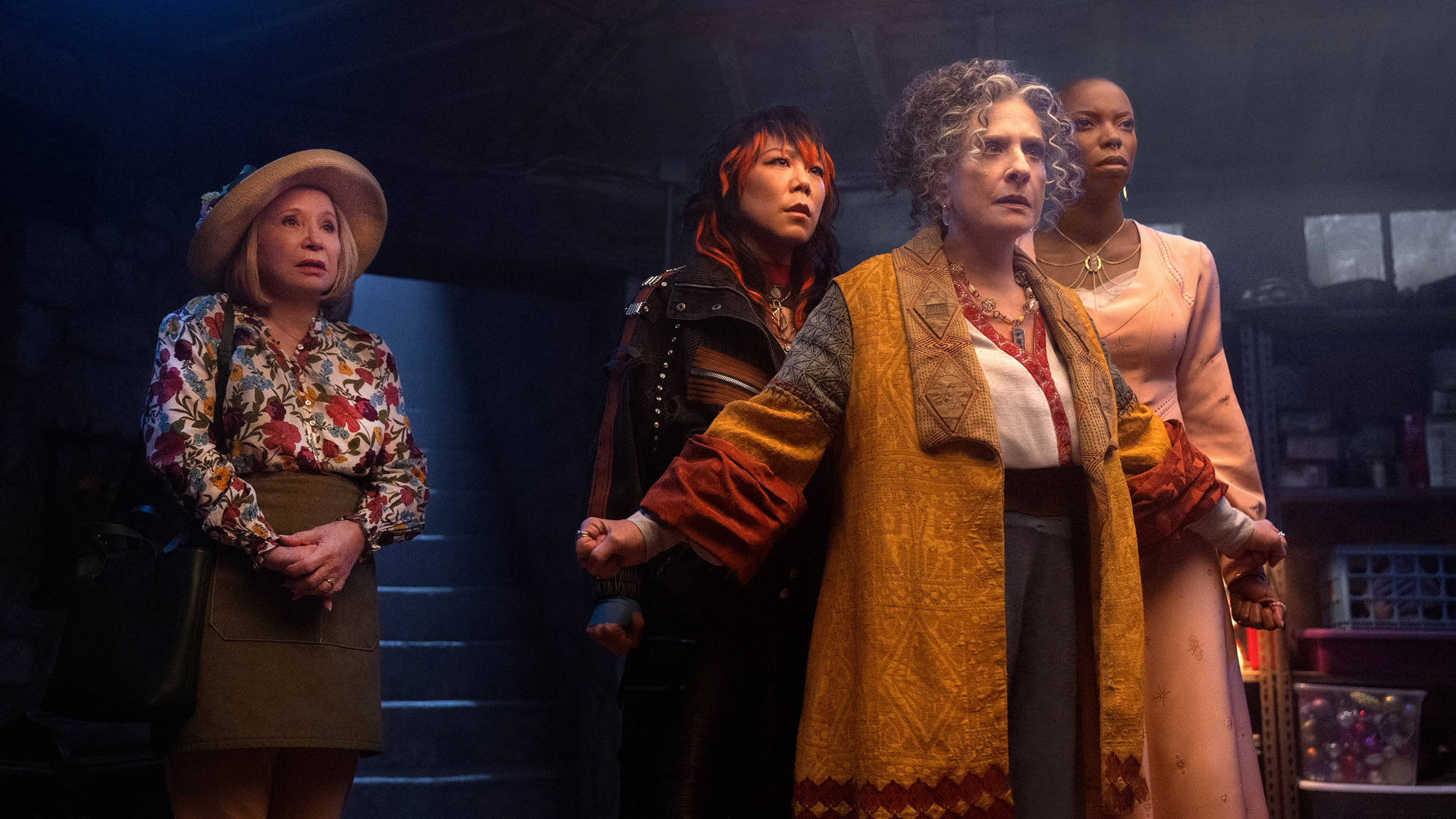
But, at the heart of it, Agatha All Along has used its smaller cast and more intimate quarters to explore the fear of death in all its forms, even when its Plaza burning the screen down.
What Agatha, Billy, and Wanda all share is the inability to accept grief as part of life. Death attaches no moral value to who it takes, neither does it ever wait for the opportune moment, as touchingly conveyed by Ali Ahn’s Alice Wu-Gulliver in her final scene. She laments that death came to claim her right as she was freed from her family’s curse and felt ready to make the most of her life.
That’s just how it is, sometimes. Magic may complicate it, yet the root of it all is so painfully human. And what is this franchise even for, if not to use one of pop culture’s biggest canvases to look at the experiences and emotions that unite us all?



